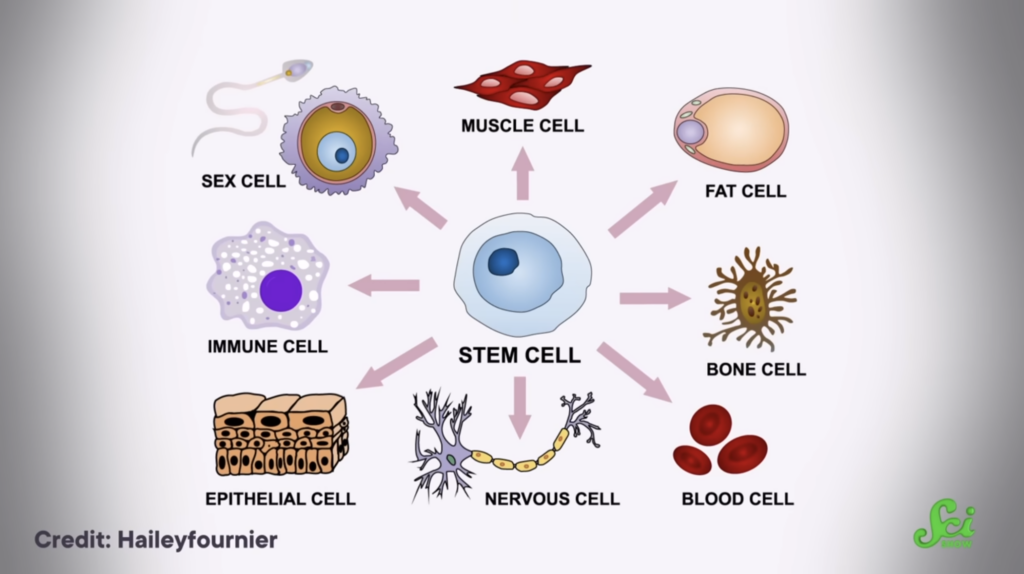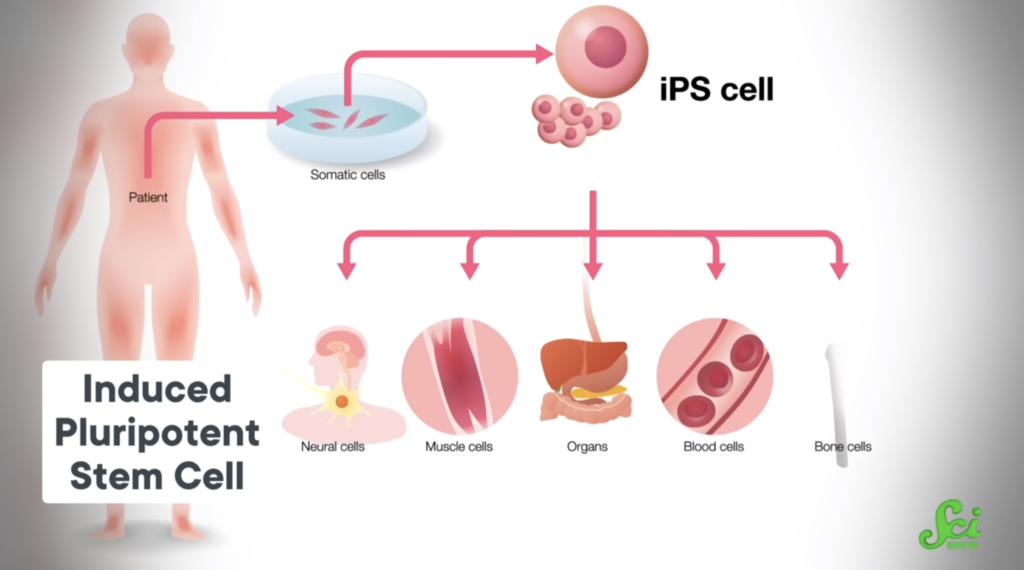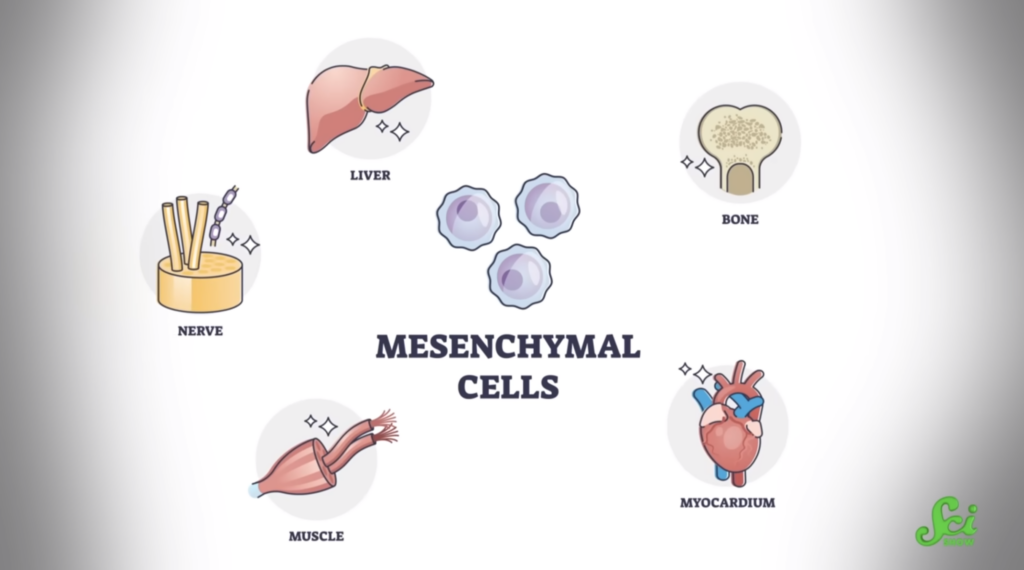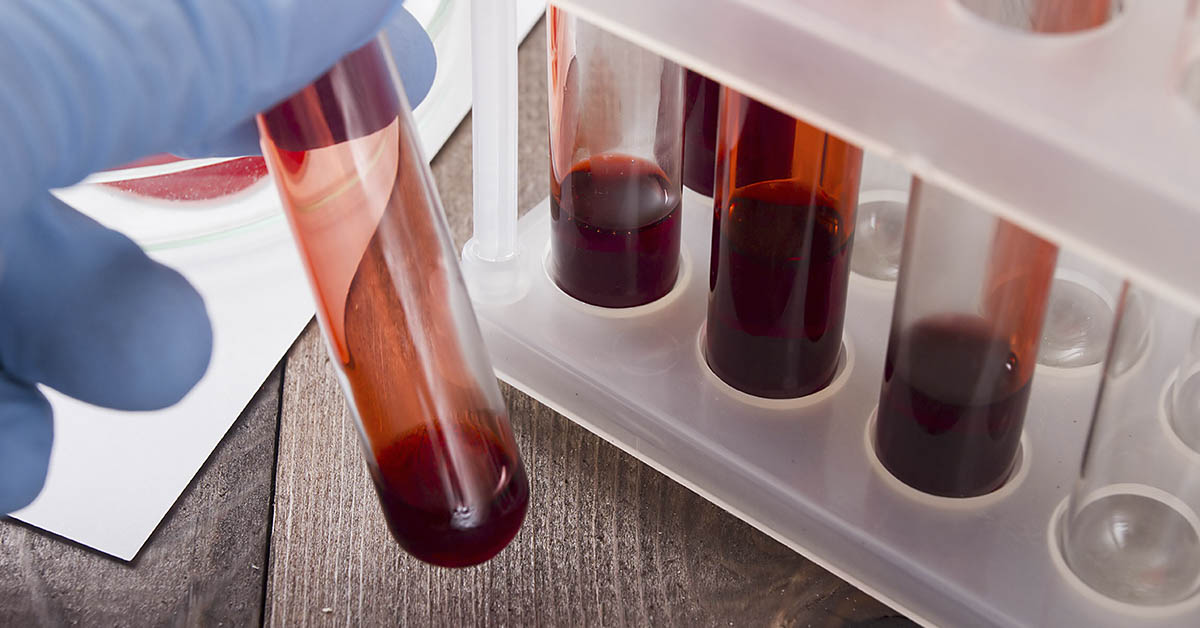Stem cells are known to have the potential to treat a wide range of diseases and injuries. They are often referred to as the future of medicine. The biggest barrier to harvesting them, however, is that the most versatile stem cells come from embryos. This makes them scarce to come by and controversial to use. Over the years, scientists have discovered that menstrual blood could be a rich source of stem cells that can be used to treat a variety of diseases, including Alzheimer’s.
First: What Are Stem Cells?

Stem cells are the body’s building blocks. They can be found in almost every part of your body and are responsible for creating new cells. There are two types of stem cells: Embryonic stem cells and adult stem cells. Embryonic stem cells are found in embryos at a very early stage of development, while adult stem cells can be found in various organs and tissues throughout the body. The cells have the ability to become any type of cell in your body. They are also able to divide and replicate themselves, which means they can create more stem cells over time. (1)
There are three types of stem cells: embryonic, adult, and induced pluripotent stem cells (iPSCs). Embryonic stem cells come from an embryo at a very early stage of development. They can become any type of cell in your body and have the potential to replicate themselves. Adult stem cells are found in almost every part of your body, including bone marrow, blood vessels, organs, and tissues. For embryonic stem cells, scientists harvest them from embryos left over from in-vitro fertilization. This, however, has brought up ethical concerns for many people.
Stem Cells From Period Blood

One of the biggest benefits of embryonic stem cells is that they are the most flexible and have the potential to become any type of cell in your body. That’s why they are so valuable for medical research. But there is another way to get flexible stem cells: from period blood.
Menstrual blood contains mesenchymal stem cells (MSCs), which have the ability to differentiate into various types of cells. The researchers found that the MSCs from period blood successfully became all nine different types of cells that they tried to create, including neurons, liver, fat, and bone cells. (2)
Read: Massive Study Shows Vitamin D Supplements May Help Fend Off Dementia
Menstrual Stem Cells for Alzheimer’s

Research has found that MSCs have the potential to be used to treat a wide range of diseases, including Alzheimer’s. In one 2018 study, mice with Alzheimer’s disease were injected with MSCs into a specific part of their brains. They then compared the brains and neurological functioning of the mice who received the treatment with a control group who did not. Their results show that MSCs derived from menstrual blood could reduce the accumulation of beta-amyloid plaques in the brains of mice with Alzheimer’s disease.
The study also found that the MSCs could improve cognitive function in the mice. The researchers also found that MSCs have the potential to be used in other ways as well. They believe that the cells could be used to create new blood vessels, repair bones and cartilage, regenerate damaged heart tissue, or even replace missing or damaged nerve cells.
The Advantages of MSCs

In addition to menstrual blood, MSCs can be derived from other sources, such as bone marrow and adipose tissue. However, menstrual blood is a more accessible and non-invasive source of MSCs. These stem cells are also more versatile and can become a wider variety of cells. Menstrual blood is usually discarded as waste, but it could be collected and processed to extract MSCs for therapeutic purposes. (3)
Another advantage of using menstrual blood-derived MSCs is that they are less likely to be rejected by the immune system. MSCs derived from other sources can sometimes be rejected by the immune system, meaning that the body will reject whatever organ or cells the scientists created. This can severely limit their effectiveness as a treatment.
Still In The Early Stages

While the use of menstrual blood-derived MSCs for the treatment of diseases like Alzheimer’s are still in the early stages of research, it shows great promise. It could provide a new and effective treatment option for a disease that currently has no cure. Stem cells derived from menstrual blood could be a game-changer in the treatment of Alzheimer’s disease and many other diseases and conditions. They offer a non-invasive and accessible source of MSCs that could reduce the accumulation of beta-amyloid plaques and improve cognitive function in patients with Alzheimer’s.
If one thing is for sure, this can give women the power to put their periods towards a good cause, Maybe it will make us feel as though it is worth it to go through one every month. In addition, it may just help to destigmatize the period once and for all. While more research is needed to fully explore the potential of menstrual blood-derived MSCs, the future looks promising for this innovative approach to treating Alzheimer’s disease. (4)
Keep Reading: Vitamin B12 Deficiency and Dementia Symptoms: What You Should Know
Sources
- “Stem Cell Basics.” Stem C ells
- “Transplantation of Human Menstrual Blood-Derived Mesenchymal Stem C ells Alleviates Alzheimer’s Disease-Like Pathology in APP/PS1 Transgenic Mice.” Pubmed. Yongjia Zhao, et al. April 24, 2018.
- “The multi-functional roles of menstrual blood-derived stem c ells in regenerative medicine.” Stemcellres. Lijun Chen, Jingjing Qu and Charlie Xiang. January 3, 2019.
- “Understanding menstrual blood-derived stromal/stem c ells: Definition and properties. Are we rushing into their therapeutic applications?” Science Direct. Alicia Sanchez-Mata, et al. December 17, 2021.

